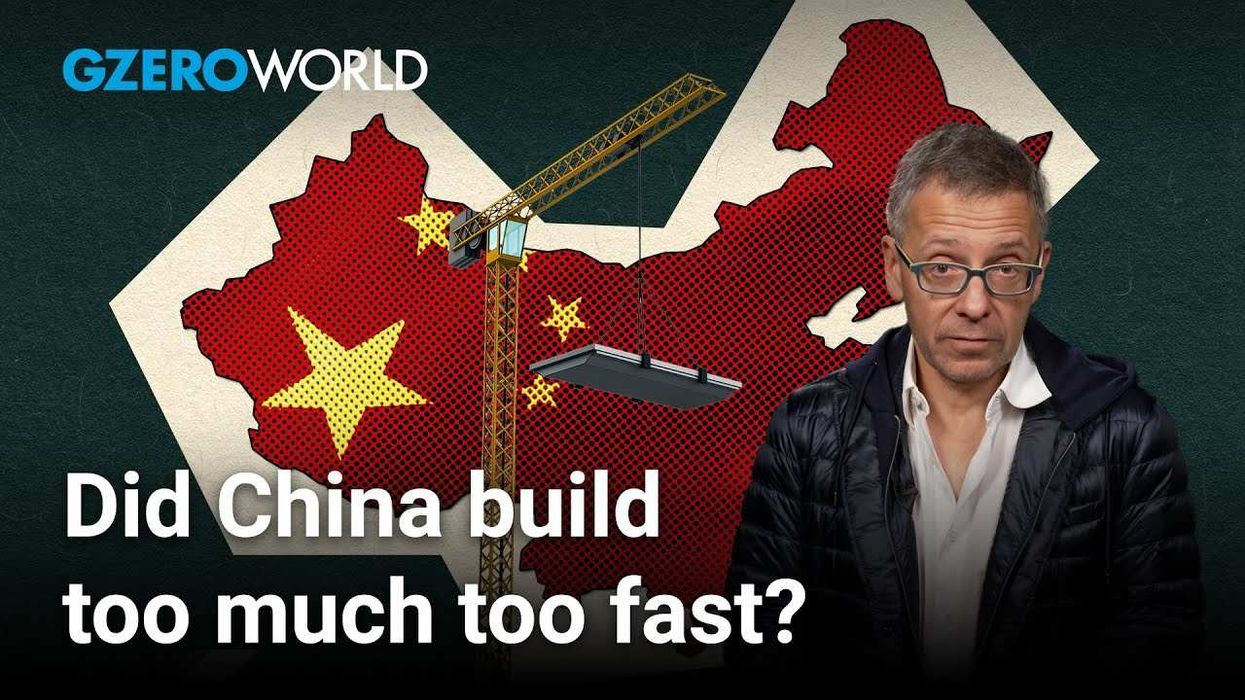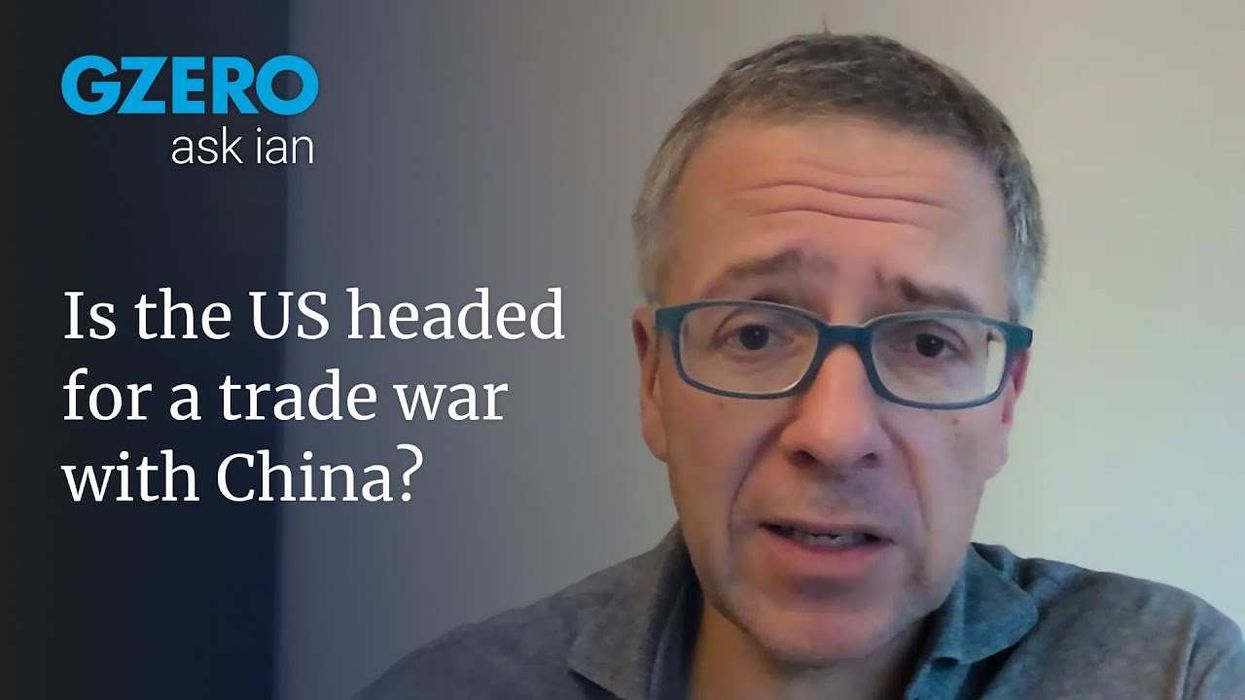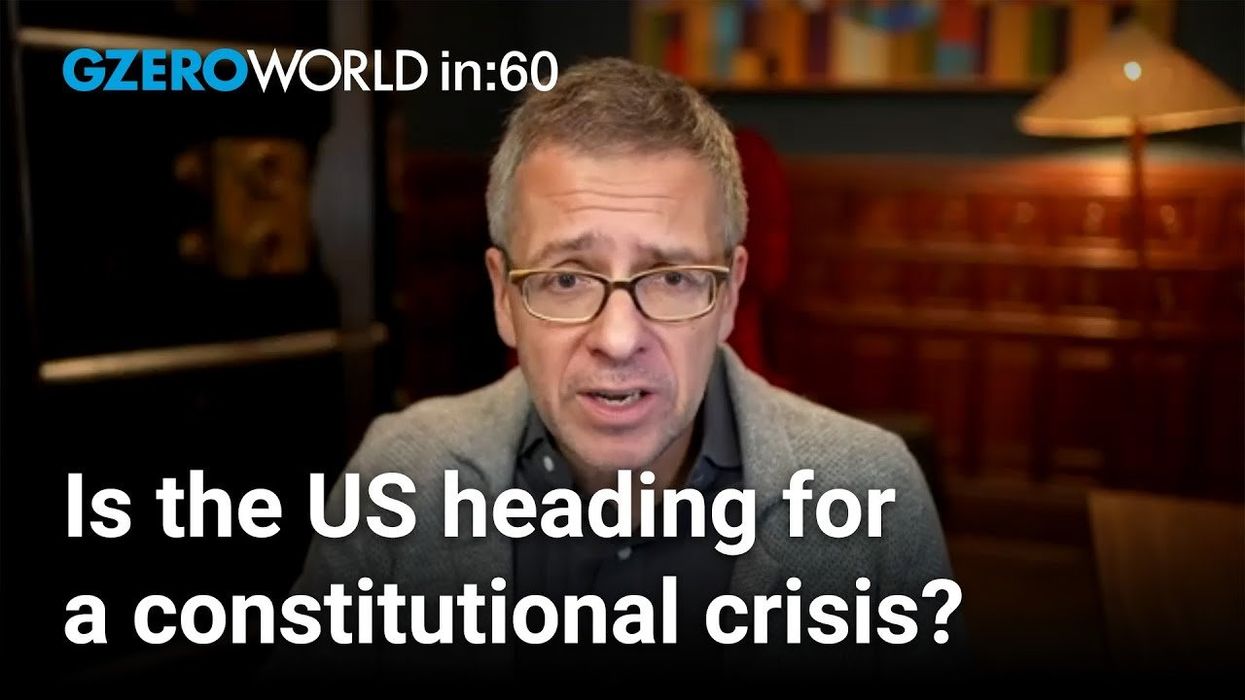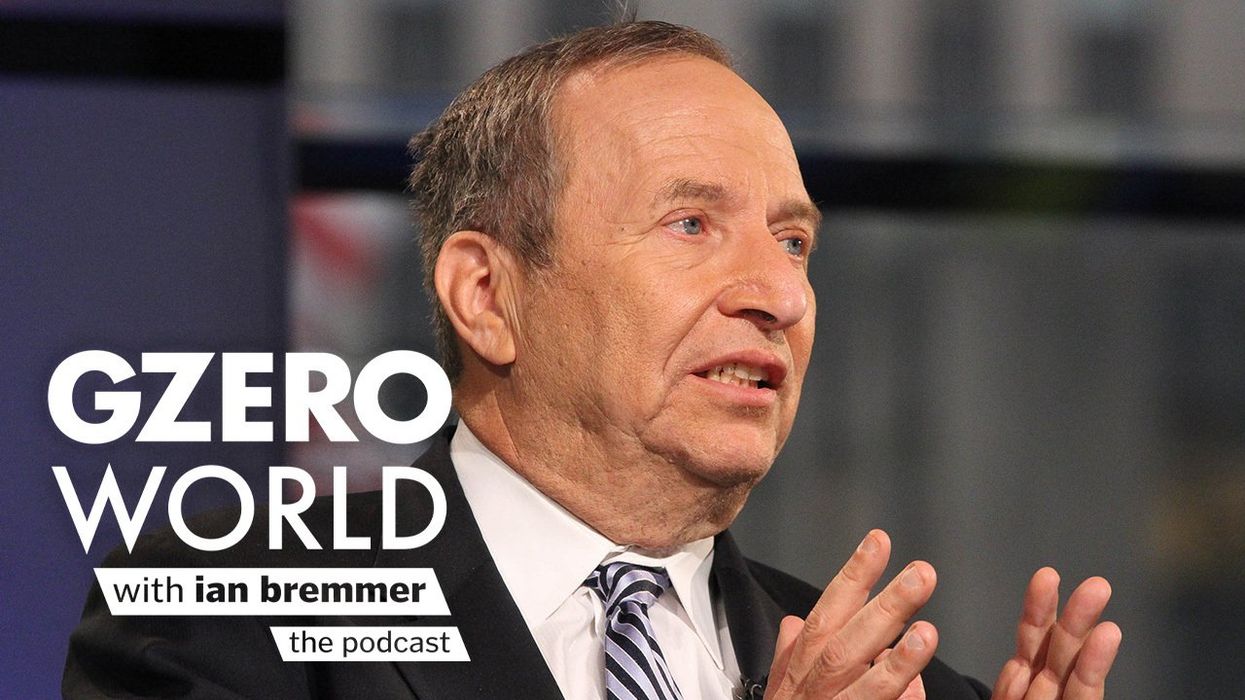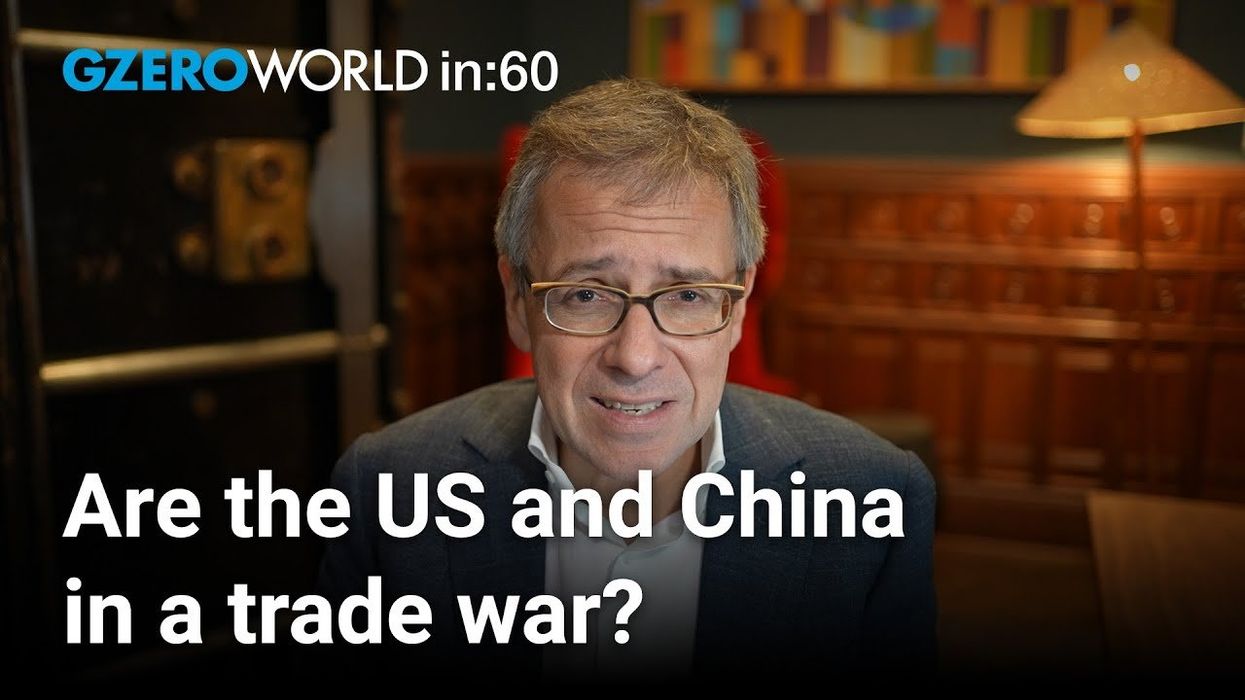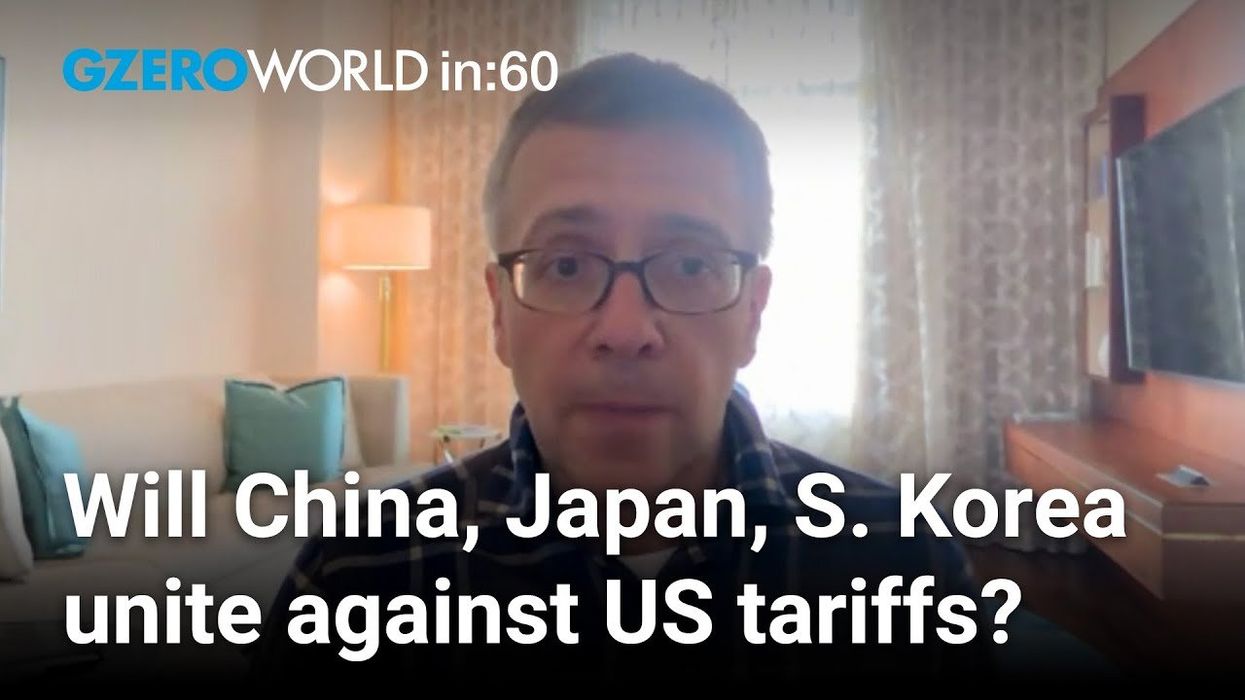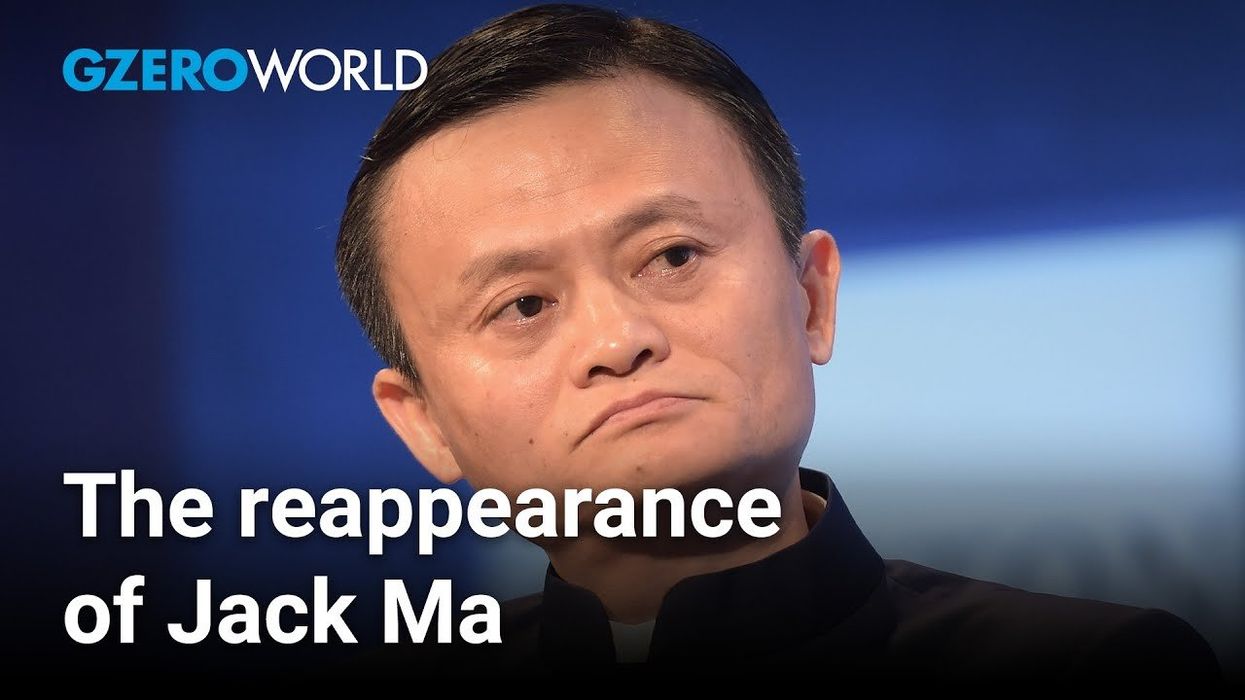Ian Explains
What the US can learn from China's infrastructure boom
On Ian Explains, Ian Bremmer breaks down how the US and China are both betting their futures on massive infrastructure booms, with China building cities and railways while America builds data centers and grid updates for AI. But are they building too much, too fast?
Nov 07, 2025
